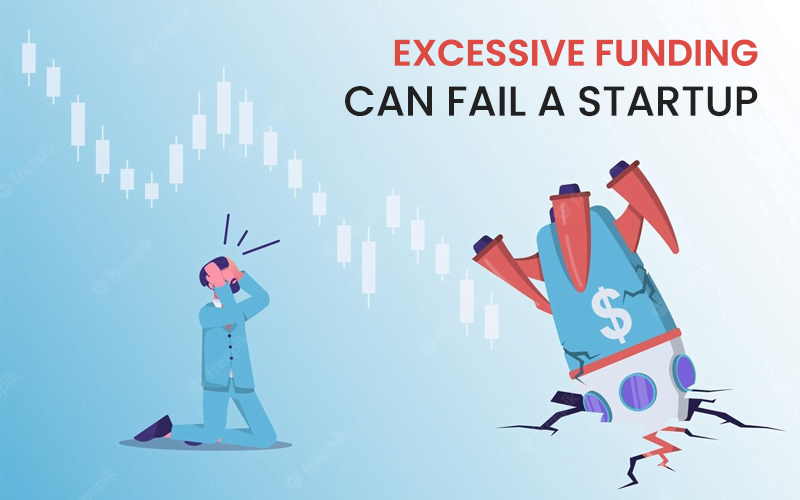The information, views and opinions expressed in blog posts published on this platform are those of the authors and do not necessarily reflect the official policy or position of TopRankings.in. Read More
© 2026 Toprankings. All rights reserved. Powered by Digital Hive
© 2026 Toprankings. All rights reserved. Powered by Digital Hive







